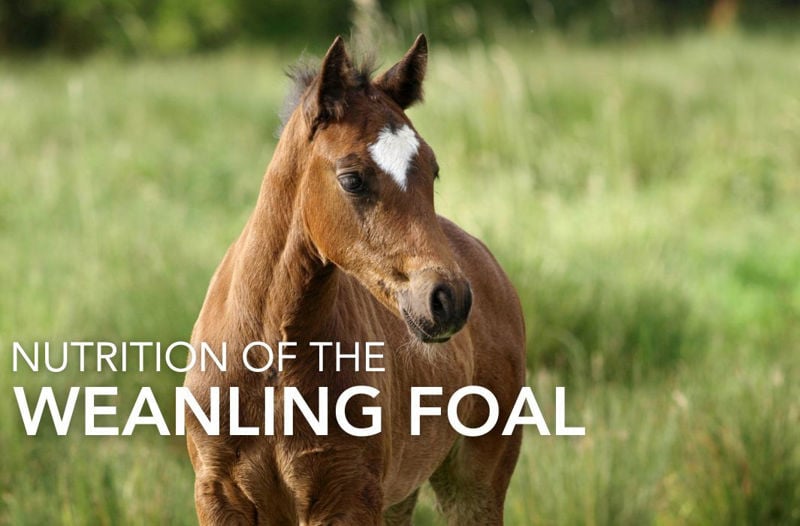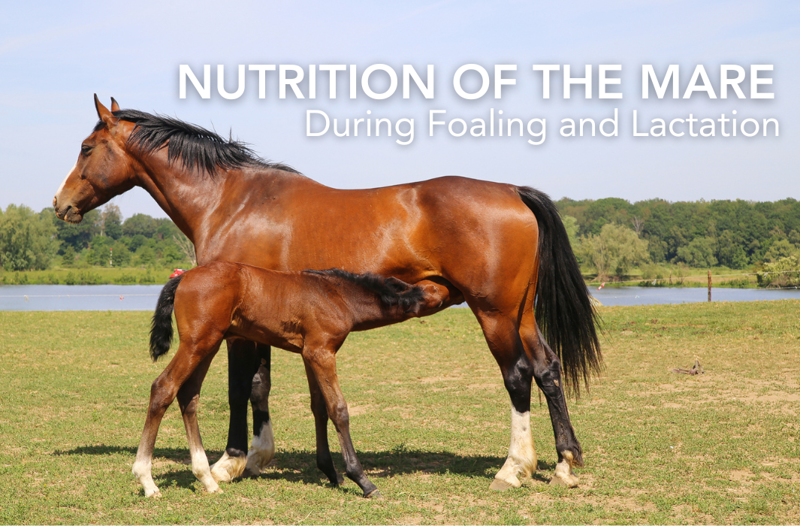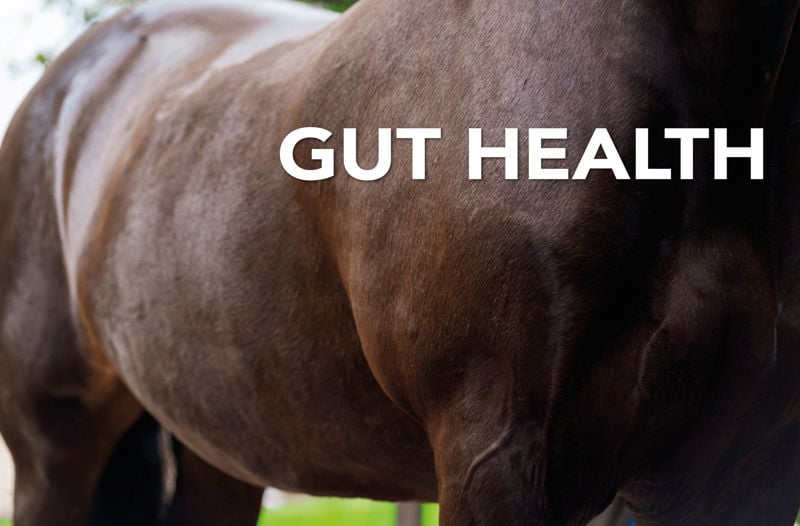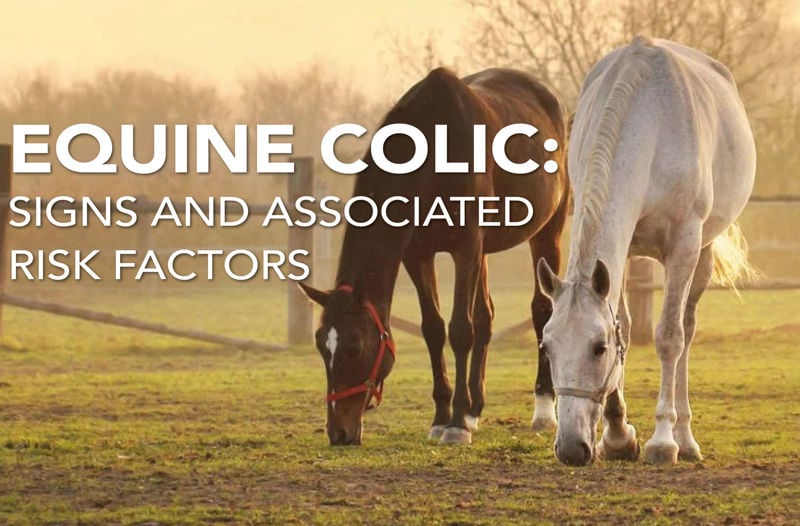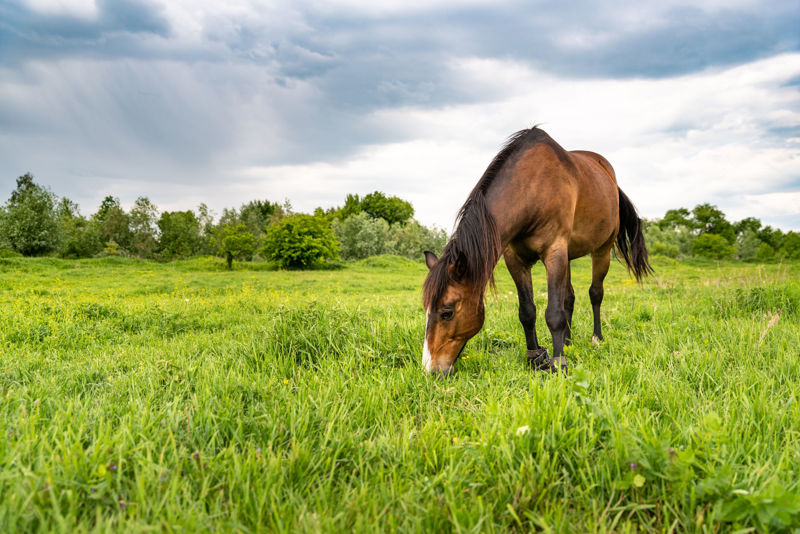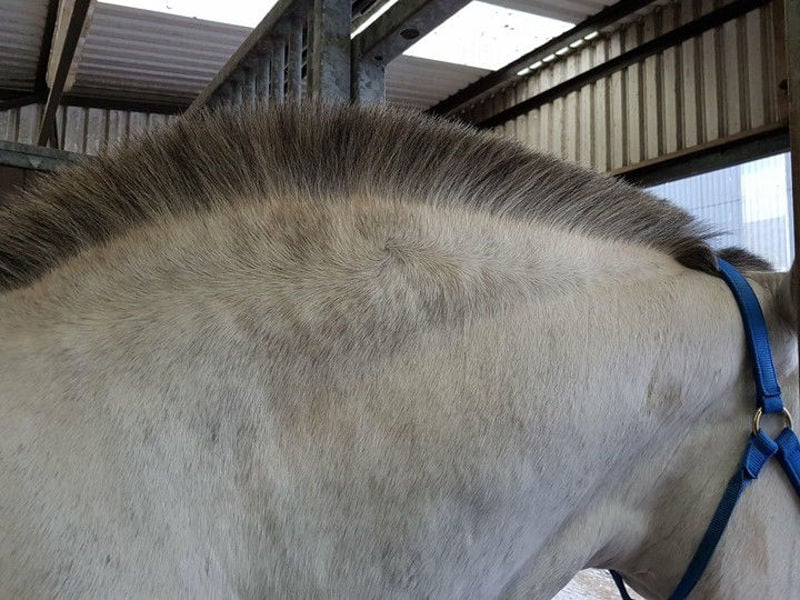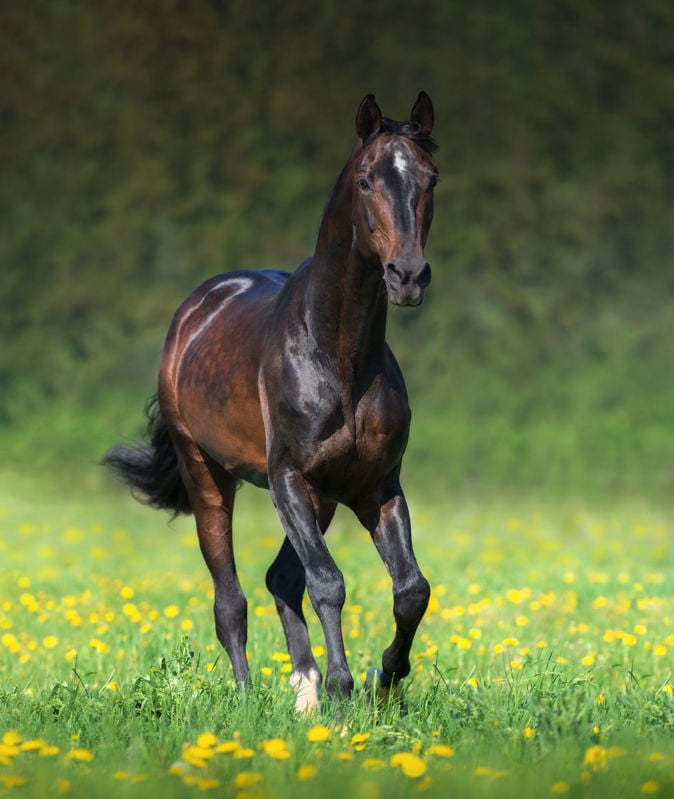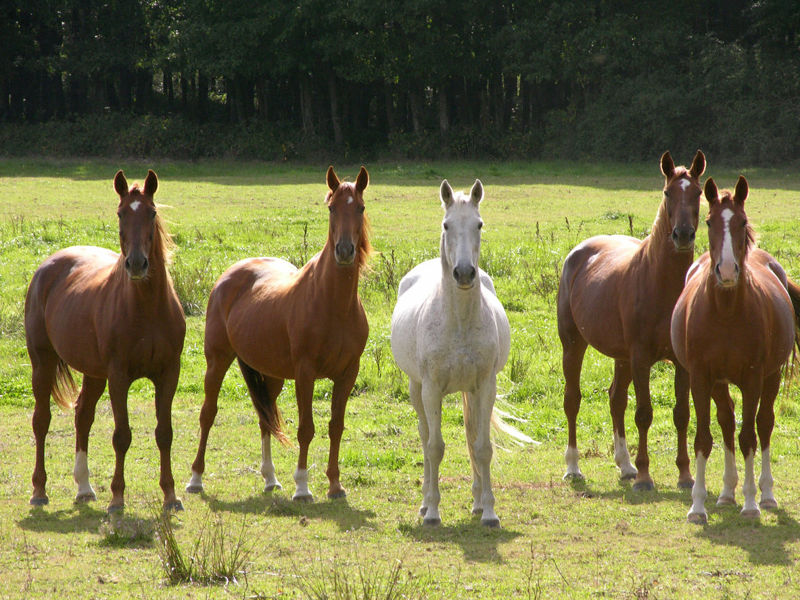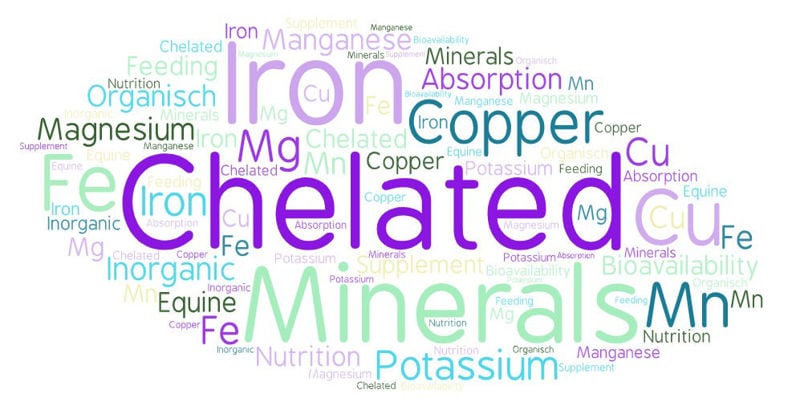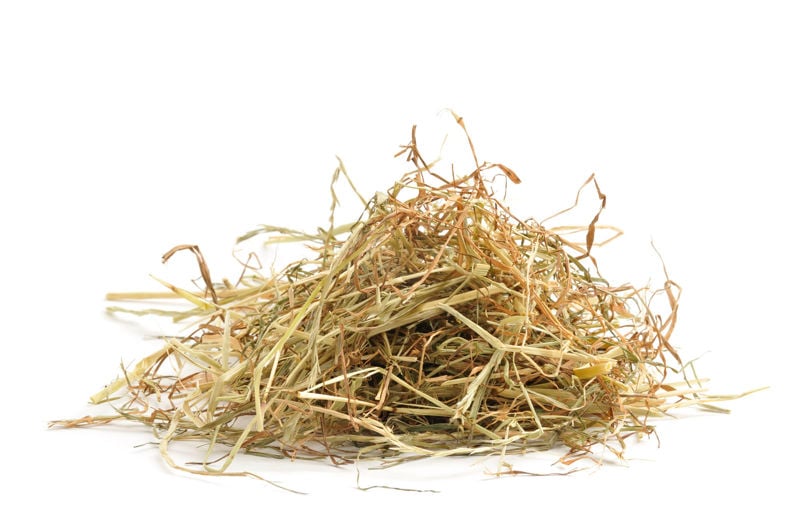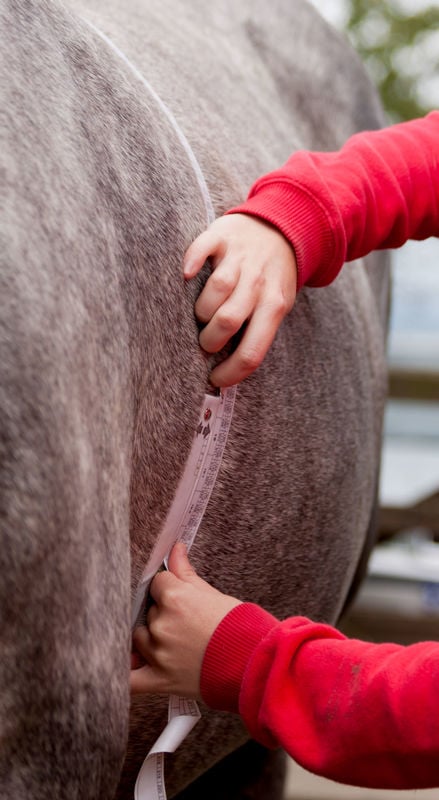Feedmark Nutritionist, reviews the nutritional requirements of growing foals from weaning to twelve months.
Filters
Blog Options
Blog archive
- 2025
- 2024
- 2023
- 2022
- 2021
- 2020
- 2019
- 2018
- 2017
- 2016
- 2015
- 2014
Close
45 YEARS AT THE CENTRE OF EQUINE NUTRITION™

- Bespoke All-in-One™
-
Products
- Back
- Horse Joint Supplements
- Horse Digestion Supplements
- Horse Muscle Supplements
- Horse Vitamins & Minerals
- Horse Calming Supplements
-
Horse Respiratory Supplements
- Back
- Clarity®
- Horse Hoof Supplements
- Horse Skin & Coat Supplements
- Horse Health Supplements
- Supplements for Older Horses
- Horse Breeding Supplements
-
Horse Hormone Supplements
- Back
- Hormonease™
- Horse Treats
-
Herbs for Horses
- Back
- Boswellia
- Burdock Root
- Celery Seed
- Chamomile
- Chastetree Berry
- Cider Apple Vinegar
- Cinnamon
- Clivers
- Comfrey
- Dandelion Roots & Leaves
- Devil's Claw
- Echinacea
- Fenugreek Seeds
- Fussy Feeder
- Garlic Powder
- Hawthorn
- Hedge Herbs
- Liquorice
- Marigold Flowers
- Marshmallow Root
- Meadowsweet
- Milk Thistle Seeds
- Mint
- Nettle
- Rosehips
- Seaweed
- Slippery Elm
- Spirulina
- Turmeric
- Yucca
- Canine
- Gift Cards / Rewards
- ABOUT US
- Contact Us
- Knowledge base
Menu
-
Products
- Back
- Horse Joint Supplements
- Horse Digestion Supplements
- Horse Muscle Supplements
- Horse Vitamins & Minerals
- Horse Calming Supplements
-
Horse Respiratory Supplements
- Back
- Clarity®
- Horse Hoof Supplements
- Horse Skin & Coat Supplements
- Horse Health Supplements
- Supplements for Older Horses
- Horse Breeding Supplements
-
Horse Hormone Supplements
- Back
- Hormonease™
- Horse Treats
-
Herbs for Horses
- Back
- Boswellia
- Burdock Root
- Celery Seed
- Chamomile
- Chastetree Berry
- Cider Apple Vinegar
- Cinnamon
- Clivers
- Comfrey
- Dandelion Roots & Leaves
- Devil's Claw
- Echinacea
- Fenugreek Seeds
- Fussy Feeder
- Garlic Powder
- Hawthorn
- Hedge Herbs
- Liquorice
- Marigold Flowers
- Marshmallow Root
- Meadowsweet
- Milk Thistle Seeds
- Mint
- Nettle
- Rosehips
- Seaweed
- Slippery Elm
- Spirulina
- Turmeric
- Yucca
- Canine
- Gift Cards / Rewards
- ABOUT US
- Contact Us
- Knowledge base
Dr. Stephanie Hyland BSc (Hons)
 Please call Stephanie Hyland MSc. RNutr. on 0800 585525
Please call Stephanie Hyland MSc. RNutr. on 0800 585525
for qualified nutrition advice.
 Please call Stephanie Hyland MSc. RNutr. on 0800 585525
Please call Stephanie Hyland MSc. RNutr. on 0800 585525 for qualified nutrition advice.
Blog posts tagged with 'diet'
Feedmark's Nutritionist explores the nutritional requirements of the broodmare during foaling, and how this changes once the foal is born.
It is vital to maintain gut health in horses and to ensure you are managing your horse in a way that promotes equine gut health, through an understanding of the anatomy and physiology of the equine digestive system.
Colic is a common veterinary problem. Feedmark's Nutritionist explores what colic is, the signs to look out for and its associated risk factors.
Tania Sundra & David Rendle discuss equine gastric ulcer syndrome (EGUS) and the growing appreciation of the difference between squamous gastric & glandular gastric disease.
Feedmark’s Senior Nutritionist, outlines the different energy pathways and dietary options for supporting optimum performance and it's relevance to horses with greater exercise demands.
Discover the causes, symptoms, and management strategies for Equine Metabolic Syndrome (EMS). Learn how to care for horses with EMS and reduce the risk of complications like laminitis.
Horses are seasonal breeders and the breeding season for horses in the northern hemisphere generally lasts from April to October. Anouk Frieling, MSc Equine Sciences, BSc (Hons), discusses the nutrition of the stallion...
Feeding horses seems to have become a complicated business. This short article written by our Registered Nutritionist outlines the key points to consider when deciding what to feed your horse and in what quantities...
Minerals have important functions in the horse’s body and therefore are an essential part of the horses diet. Our nutritionist investigates the benefits of chelated minerals in equine nutrition.
Professor Murray and Dr. Daniels explore the different types of forage available, helping you to choose the best option for your horse this winter.
Feedmark's Nutritionist investigates the ways in which you can manage your horse's grass intake...
Copyright © 2025 Feedmark Ltd. All rights reserved.
